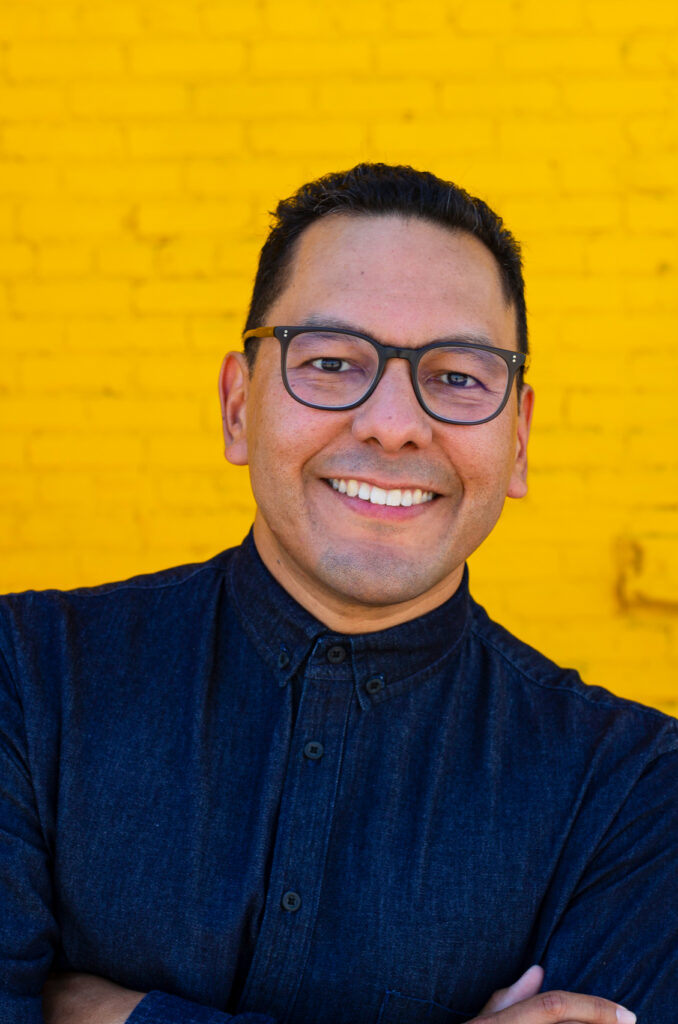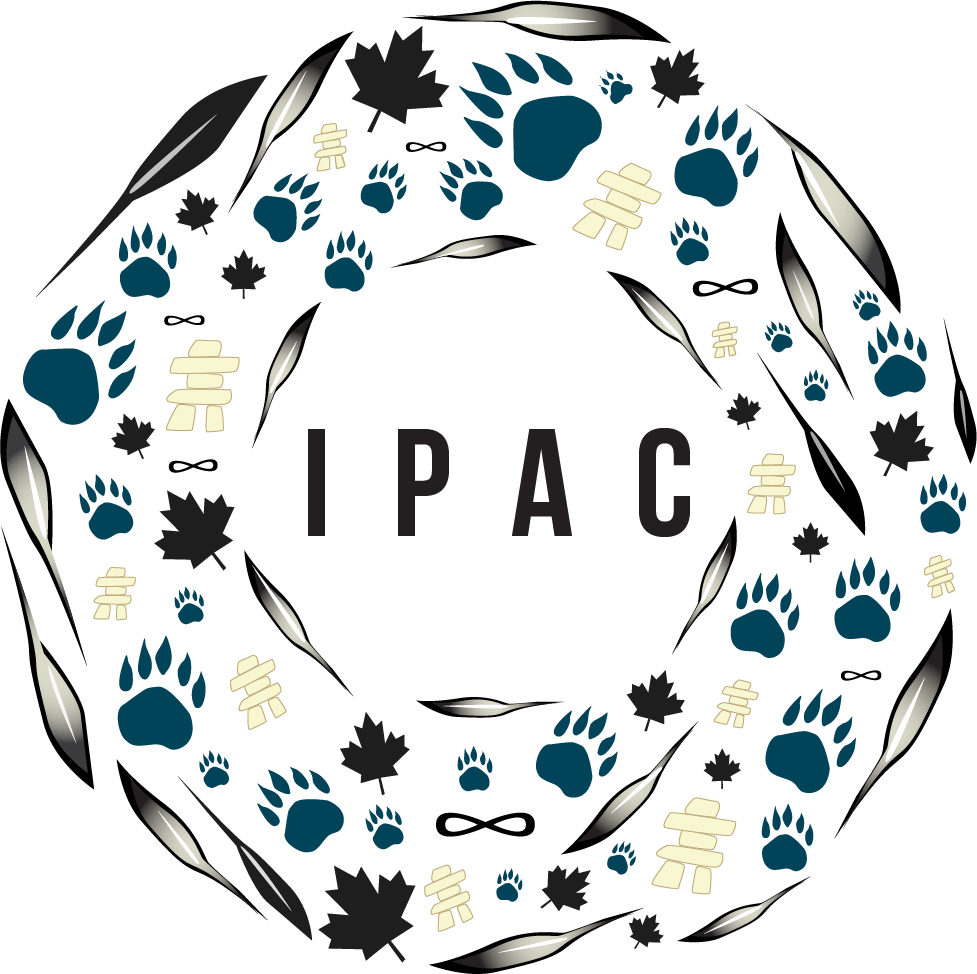RECOGNIZING EXCELLENCE ALAN GREYEYES

ALAN GREYEYES
Firstly introduce yourself and tell us where your home place is. Describe your job/jobs in just under four sentences. Please also provide your title and profession.
My name is Alan Greyeyes and I’m a member of Peguis First Nation. I live in Winnipeg, run an artist and project management company called Ogichidaa Arts, and I produce the sākihiwē festival along with a couple other events. In my spare time I volunteer on the board of directors for the Polaris Music Prize, the rap category committee for the JUNO Awards, and the Mayor’s Indigenous Advisory Circle for the City of Winnipeg. In 2020, I was honoured by the Manitoba Arts Council with the Manitoba Arts Award of Distinction along with the Kevin Walters Legacy Award from Manitoba Music.
What sparked your interest to work in this industry?
I grew up loving hip hop culture, but I’m not a very strong artist, so my dream was to work on the business side of the music industry. In 2006, I was lucky enough to make that dream a reality.
What do you enjoy most about your profession?
I love how fast the music industry moves and how fast it changes. There’s always something new to learn and there’s always a lot of challenges. I don’t think I’m ever bored.
What educational preparation would you recommend for someone who wants to advance in this field?
It’s not about who you know in the music business, it’s about who knows you. Which is to say that networking is super important; understanding your role is important; and delivering on your promises is super important. The non-profit sector has some of the only stable jobs in Canada’s music industry, so it’s also a good idea to start there.
What does success look like to you for Indigenous youth?
I want to see more Indigenous youth dancing. I think dancing shows that you’re getting all the freedom, support, and space needed from your family and community.
How has a failure, or apparent failure, set you up for later success?
I always plan for the worst because I’m used to competing for grants or opportunities that weren’t created with Indigenous people in mind. This approach has definitely prepared me for the pandemic this year but it also stretches me pretty thin when things actually do work out.
What are one to three books that have greatly influenced your life?
Between the World and Me by Ta-Nehisi Coates is my favourite book ever. Accounting for Genocide by Dean Neu has a lot of basic ideas that I reference on a regular basis. I also find myself quoting Malcom Gladwell’s 10,000 hours to master your craft a lot, so Outliers is another.
Do you volunteer? If so, where and why is that important to you?
I mostly volunteer on boards and committees nowadays. I’m on the board of the Polaris Music Prize; the rap category committee for the JUNO Awards; the Indigenous advisory committee for the National Music Centre; the Mayor’s Indigenous Advisory Circle for the City of Winnipeg; and the Indigenous committee for the Winnipeg Folk Festival. I give my time to these boards and committees because I believe that every stage gives us an opportunity to show Canadians that Indigenous people are just as talented and diverse as their loved ones and I want these organizations to use their resources to help us make Canada a safer place for Indigenous families.
In the last year, what new belief, behavior, or habit has most improved your life?
I listen to a lot of music business podcasts while I’m working out. The podcasts introduce me to new people and ideas, which are the most important assets in my work, aside from great music.
What are some challenges you think the next Indigenous generation will face in your industry/profession?
I think that my job is to make everything easier for the folks following in my footsteps, so I hope that they don’t face the same systemic barriers at the arts councils as Indigenous organizations nowadays. I also hope that Indigenous managers are able to focus entirely on artist management without taking on other contracts, like I have had to.
What advice would you give to a smart, driven student about to enter the “real world”? What advice should they ignore?
Humility and reciprocity are super important. To work on the business side of the music industry is to take a back seat to the artists. Giving back more than you receive is an important part of participating in any community in the real world.
Ogichidaa Arts △ Woven Masters
sākihiwē festival 2020 (watch)
nêhiyawak (buy/stream)

